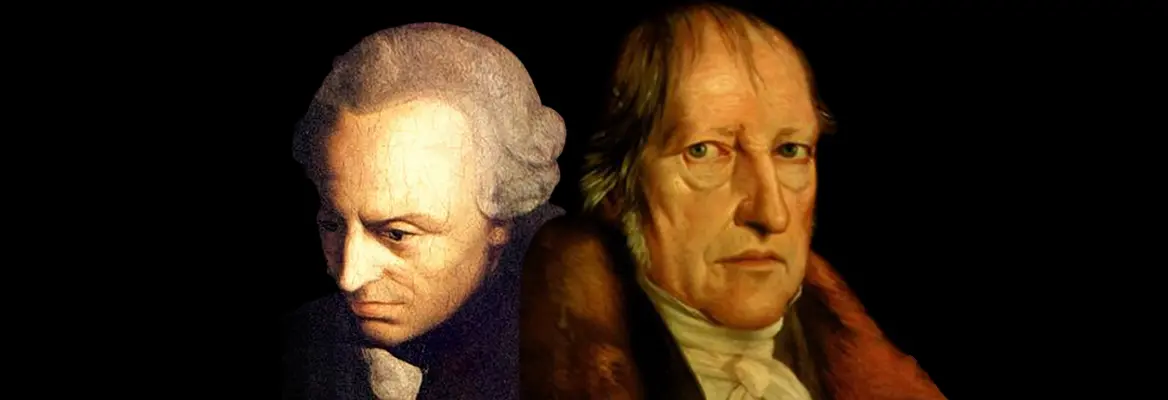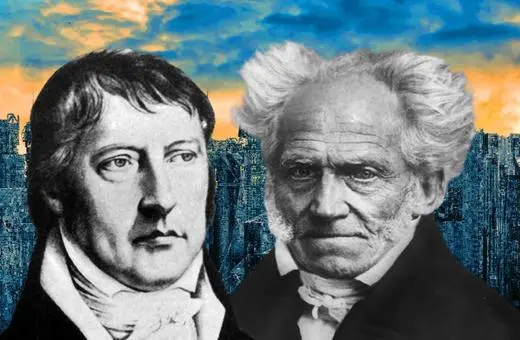For most of its history western philosophy was dominated by metaphysics, the attempt to know the necessary features of the world simply by thinking. Then came Kant, who showed that reason alone can’t gain knowledge of the world without the help of experience. Hegel’s philosophy is seen by many as ignoring the lessons of Kant’s critique of metaphysics and regressing to a pre-Kantian style of philosophy. But a more careful reading of Hegel shows that he was not in fact ignoring Kant’s lesson, but following his argument: Even if pure reason can’t know the world, it can know itself. And in discovering the nature of thought, Hegel argued, one also discovers the nature of anything that can be thought, that is, reality. Thus, writes Robert Pippin, Hegel was able to change the fate of metaphysics.
Philosophy is not an empirical enterprise. Its traditional claim is to be a form of knowledge about reality, even though it does not rely on observation about that reality. If there is philosophical knowledge, it is a priori knowledge, and if it is knowledge, it claims something true about reality not accessible to empirical observation or confirmation. Philosophy’s claims to a priori knowledge seems to lead us inevitably to what has always been, until the last two-hundred and fifty years or so, the center of philosophy, its inescapable “big” question: metaphysics.
 SUGGESTED READING
Schopenhauer vs Nietzsche: The meaning of suffering
By Joshua Foa Dienstag
SUGGESTED READING
Schopenhauer vs Nietzsche: The meaning of suffering
By Joshua Foa Dienstag
So, what happened two hundred and fifty years ago? Kant happened, in 1781. His The Critique of Pure Reason indicated by its very title bad news for the traditional metaphysical tradition. There was no such power as an intuitive reason with access to any nonsensible realm of reality. Reason, thinking generally, was exclusively an activity, in no sense a perceptual power. Its main activity was inferring, deducing, systematizing, unifying, and was in no sense open to the world. The only such openness available for finite human beings was through our sensory powers and thinking’s task was the discriminating and unifying our experience. Assuming otherwise was the main reason philosophy had achieved no settled results in over two thousand years of speculation and had instead produced only unresolvable conflicts with equally good and equally paradoxical positions on either side of classical issues. Hegel, however, perhaps the most influentialof the post-Kantian philosophers, took seriously Kant’s claim that even if thought can’t know the world, it can know itself. That lead him to a revival of the very enterprise Kant sought to eliminate: metaphysics, the study of the necessary features of existence.
What was metaphysics and Kant’s critique?





















Join the conversation